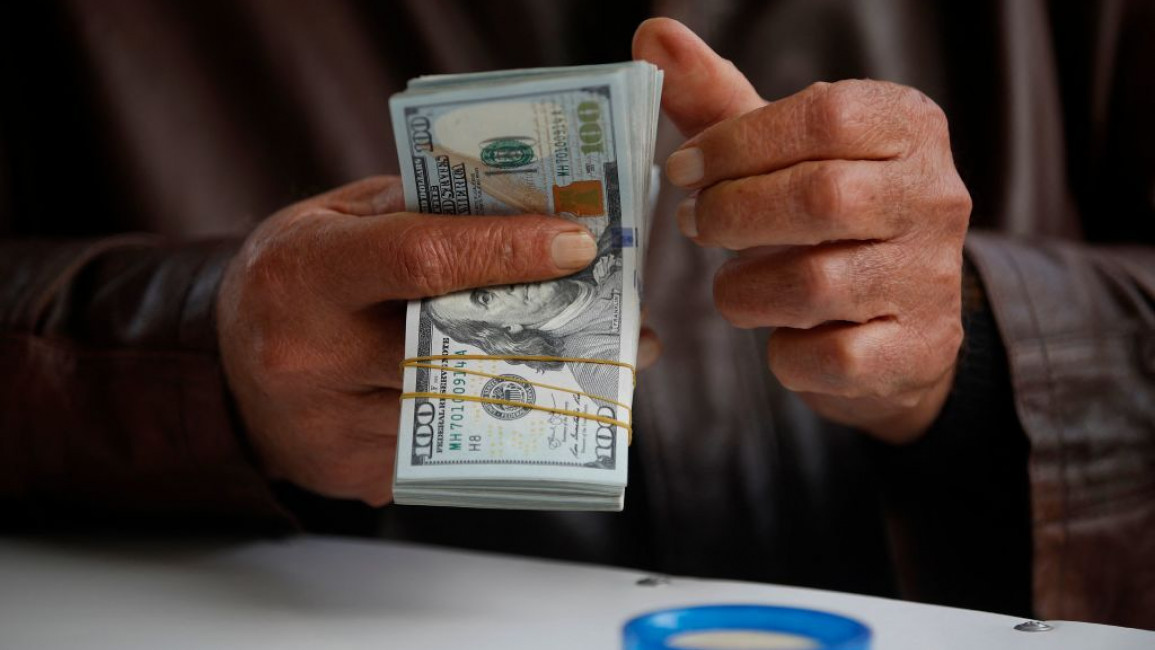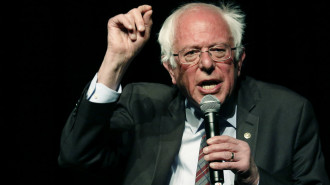Iraq's Federal Board of Supreme Audit exposes US$600 million corruption scandal involving 'ghost travellers'
Explosive documents obtained from Iraq's Federal Board of Supreme Audit have laid bare a staggering corruption scheme involving the illicit acquisition of US currency by over 151,000 citizens.
Shockingly, these individuals obtained dollars at the official state rate for travel purposes but never left the country, hence locally called 'ghost travellers'. The corruption involved a network that spans Iraq's Central Bank employees, private banks, currency exchange entities, and tourism companies.
As investigations unfold, the scope of complicity among key players in Iraq's financial landscape becomes increasingly apparent, raising urgent calls for accountability and comprehensive reforms to safeguard the nation's economic integrity.
According to exclusive documents published by Al-Alam Al-Jadeed ("The New World"), an Iraqi outlet, the total amount involved in this fraudulent operation exceeds $600 million. While ostensibly intended for travel expenditures, these funds were diverted to the parallel market, exploiting the price differential between the official and black market rates.
The investigation, meticulously conducted by Iraq's Federal Board of Supreme Audit, scrutinised cash sales by the Central Bank of Iraq of the dollar currency from 1 February to 8 July 2023, and also revealed discrepancies in the number of travellers recorded via the electronic platform compared to those who crossed border outlets. This glaring disparity, amounting to 151,940 travellers, indicates systematic system abuse.
Further analysis uncovered that the total expenditure surged by approximately US$607.76 million, indicative of the sale of dollars at the official rate to customers who never embarked on their purported travels. Instead, unscrupulous individuals capitalised on the price differential in the parallel market, reaping substantial profits at the expense of public funds.
Moreover, a damning document from the Integrity Commission, obtained by the outlet, sheds light on another corruption scandal involving the Central Bank of Iraq (CBI). The document reveals how private bank owners exploited large loans intended for investment projects to purchase dollars from the currency auctions run by the Central Bank of Iraq, diverting funds from their intended purpose.
The New Arab contacted CBI for comment but did not receive a response by the publication of this report.
This revelation comes amidst growing concerns over rampant corruption within Iraqi financial institutions, underscoring the urgent need for comprehensive reforms to restore transparency and accountability. As authorities delve deeper into these scandals, the Iraqi public demands swift and decisive action to hold perpetrators accountable and safeguard the nation's economic integrity.
Iraq's Prime Minister Mohammed Shia Al-Sudani, during a recent rare visit to the United States, met with President Joe Biden and officials from the US treasury. The US officials stressed that Iraq should take further measures to prevent US dollar smuggling to Iran and Syria.
Both sides have agreed that Iraq should halt the dollar auction by the end of this year.
The World Bank characterises Iraq's economy as one of the world's most oil-dependent. It relies heavily on imports to meet its diverse needs. In this import-driven economy, traders play a pivotal role in conducting transactions that necessitate using the US dollar.
In July of last year, the United States banned transactions with 14 Iraqi banks, citing alleged violations of its regulations aimed at halting dollar smuggling to Iran.
During Sudani's visit, Iraq formed a committee with the US Treasury and the Federal Reserve to address violations by commercial banks previously sanctioned by the US.




 Follow the Middle East's top stories in English at The New Arab on Google News
Follow the Middle East's top stories in English at The New Arab on Google News
![The US vetoed a UN Security Council (UNSC) resolution demanding a ceasefire in Gaza [Getty]](/sites/default/files/styles/image_330x185/public/2185152251.jpeg?h=7ef8ac04&itok=RpLSj2pu)

![An attack by paramilitary forces in Sudan has killed at least 40 people [Getty]](/sites/default/files/styles/image_330x185/public/2182364341.jpeg?h=a5f2f23a&itok=r8Fkhxdj)